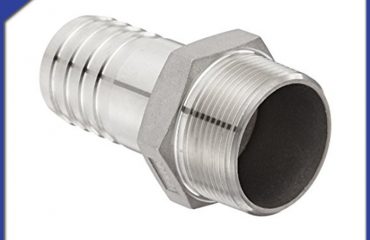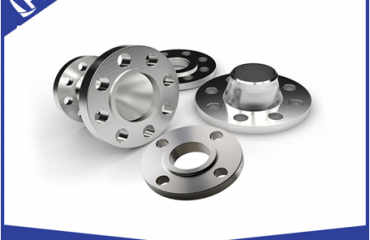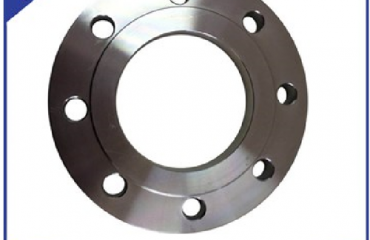Alloy steel flanges are essential components in piping systems, designed to connect pipes, valves, pumps, and other equipment securely. Unlike standard carbon steel flanges, alloy steel variants incorporate additional elements such as chromium, molybdenum, nickel, or vanadium, which enhance their mechanical properties and performance under demanding conditions. This article explores the core characteristics, common applications, types, and important factors to consider when selecting alloy steel flanges.
The unique composition of alloy steel flanges grants them distinct advantages over other materials. High tensile strength allows them to withstand significant pressure, making them suitable for high-pressure piping systems in industrial settings. Their excellent corrosion resistance protects against rust and degradation caused by moisture, chemicals, and harsh environmental factors, extending the lifespan of the entire piping network. Additionally, alloy steel flanges exhibit strong heat resistance, maintaining structural integrity even at elevated temperatures, which is critical in applications involving steam, hot fluids, or high-temperature processes. These properties make them a reliable choice for scenarios where durability and performance are non-negotiable.

Alloy steel flanges find widespread use across various industries due to their versatility. In the oil and gas sector, they are integral to upstream exploration, midstream transportation, and downstream refining operations, where they handle corrosive hydrocarbons and high-pressure gases. The power generation industry relies on them for boiler systems, steam turbines, and heat exchangers, as they can endure the extreme temperatures and pressures of energy production. They are also commonly used in the chemical processing industry to connect pipes carrying aggressive chemicals, acids, and solvents, where corrosion resistance is paramount. Other applications include marine engineering, aerospace, and heavy machinery manufacturing, where robust and long-lasting pipe connections are essential.
There are several types of alloy steel flanges, each designed to meet specific installation requirements and operational conditions. Weld neck flanges feature a long tapered hub that distributes stress evenly, making them ideal for high-pressure and high-temperature applications. Slip-on flanges are easy to install, as they slide over the pipe and are welded in place, suitable for low to medium pressure systems. Blind flanges are used to seal the end of a pipe or equipment opening, providing easy access for inspection or maintenance. Socket weld flanges are designed for small-diameter pipes, offering a strong connection with minimal space requirements. Choosing the right type depends on factors such as pressure rating, pipe size, temperature, and installation environment.
When selecting alloy steel flanges, several key considerations ensure optimal performance and compatibility. First, material grade is crucial—common grades include A182 F11, F22, F91, and F92, each with specific alloy compositions and performance characteristics tailored to different conditions. Second, pressure class must match the system’s operating pressure to prevent leaks or failures; standard classes range from 150 to 2500. Third, dimensional accuracy ensures proper fit with pipes and other components, adhering to international standards such as ASME B16.5 or DIN. Finally, surface finish affects sealing performance, with smooth surfaces reducing the risk of leakage when paired with gaskets.
 Language
Language Espanol
Espanol English
English Italian
Italian عربى
عربى
 Skype: chinamaker99
Skype: chinamaker99  Tel: 86-316-5120812
Tel: 86-316-5120812  Email:
Email:  Whatsapp:
Whatsapp: 

